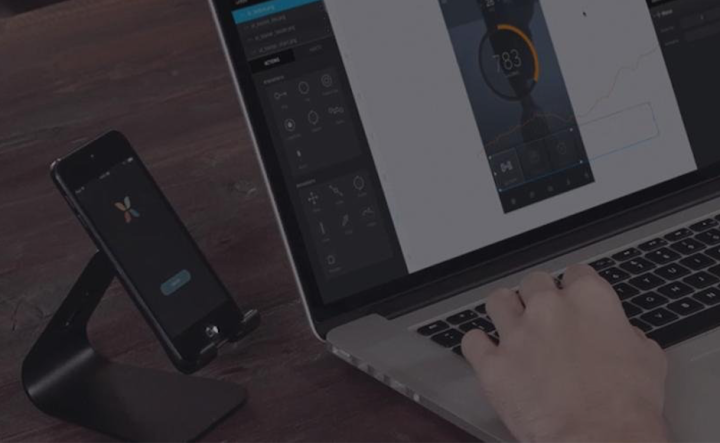
The Y Combinator-backed startup first appeared on the scene in 2012, “with the goal to make designing and prototyping native mobile applications easy and more accessible,” the company’s CEO Paul Colton wrote last year. And while the team notes that it has “been fortunate enough to see Pixate improve the prototyping process for a wide range of teams, bringing life to creative ideas,” it looks like the sun is nevertheless setting on the company.
Noting that many of its ideas might make “a larger impact if we move beyond [Pixate’s] scope,” the Google-owned venture says that it is shutting down in order to “focus on our broader vision.” But this isn’t goodbye forever, but rather just for now, as Pixate promises to be back soon with “exciting new projects.”
That said, if you’re a current Pixate user, how will this all affect you? As per the company’s blog post, if you’re using Pixate Cloud, export all prototypes you want to keep before Halloween, October 31. Moreover, Pixate Studio will no longer be available for public download — this is your last chance to get it for OS X and Windows. No further updates to the software will be made, but Pixate notes, “you can of course keep using it for as long as you like.” And although the Pixate Community will stay alive, users will have to manage on their own without any direct support from the team.
“To everyone who supported Pixate, thank you all for your passion and creativity — it’s what drove us to create Pixate in the first place,” the short-lived startup concluded. “Your love and support along the way inspired us to focus on big, exciting problems, which will guide and drive us in our new endeavors.”
Editors' Recommendations
- Google Pixel 8a: news, rumored price, release date, and more
- 5 ways the Samsung Galaxy S24 beats the Google Pixel 8
- 5 smartwatches you should buy instead of the Google Pixel Watch 2
- The first Google Pixel 9 Pro hands-on photos are here
- Why you need to be excited about the Google Pixel 8a

